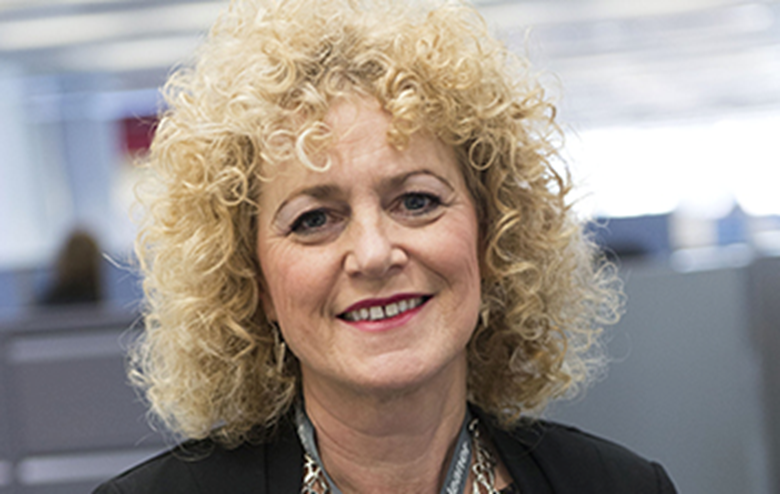ADCS president calls for greater education role for local authorities
Joe Lepper
Friday, April 7, 2017
Councils need to bolster their role in shaping local education to ensure schools are supporting their areas' most vulnerable children, new Association of Directors of Children's Services president Alison Michalska has said.

In her inaugural speech after taking over the helm of the organisation on 1 April, she said it is time to "reset the role of the local authority" in schools and for directors of children's services (DCSs) and lead members to prioritise their responsibility over children's education.
She said she is concerned that with the proliferation of academies and free schools that education has moved down the agenda for many councils.
"Newer DCSs entering the profession more recently might be forgiven for thinking theirs was a relatively limited role in education and with schools. But it isn't," she said.
"We need to make sure that the leadership development offer to aspiring DCSs and to newly elected lead members covers this side of the business as much as the social care side of the business."
She said a refocus on education is needed so that councils play an effective role in making sure local schools are inclusive and support vulnerable pupils, including those with disabilities.
Michalska, who is director of children's services at Nottingham City Council, is particularly concerned that inclusivity will come under threat from government plans to open new grammar schools by creating selective entry free schools.
She said: "Education should be more inclusive: what is the offer to our most vulnerable pupils? How might we and Ofsted incentivise schools, all schools to be inclusive, inclusive of children with learning difficulties, special needs, disabilities and inclusive of those children who for a variety of reasons may not be the highest of academic achievers?
"That inclusivity task will be much more difficult if we are to have new selective free schools. A retrograde step in most people's view."
Her speech also backed the government's pledge earlier this year to make sex and relationship education in schools compulsory.
"This will be an important development which will hopefully contribute to building resilience in children and young people, which they need in bucket-loads if they are to tackle the risks facing young people today that frankly we wouldn't have dreamt about when we were children - online grooming and exploitation, ‘sexting' and cyber bullying," she said.
In addition, Michalska wants to see a rebalancing of children's services spending, with a greater investment in early intervention services, which she said have been decimated by cuts in recent years.
This will save money in the long term and improve life chances for children and families, she added.
"Somehow, supported by brave elected members up and down the country, we have to reapportion our money. We have to tip the balance and invest more in preventative work to reduce demands on statutory services in the knowledge that helping early will eventually pay dividends in terms of improved outcomes for children and families," she said.
In an interview with CYP Now last month Michalska also called for councils to have greater powers to influence education.




